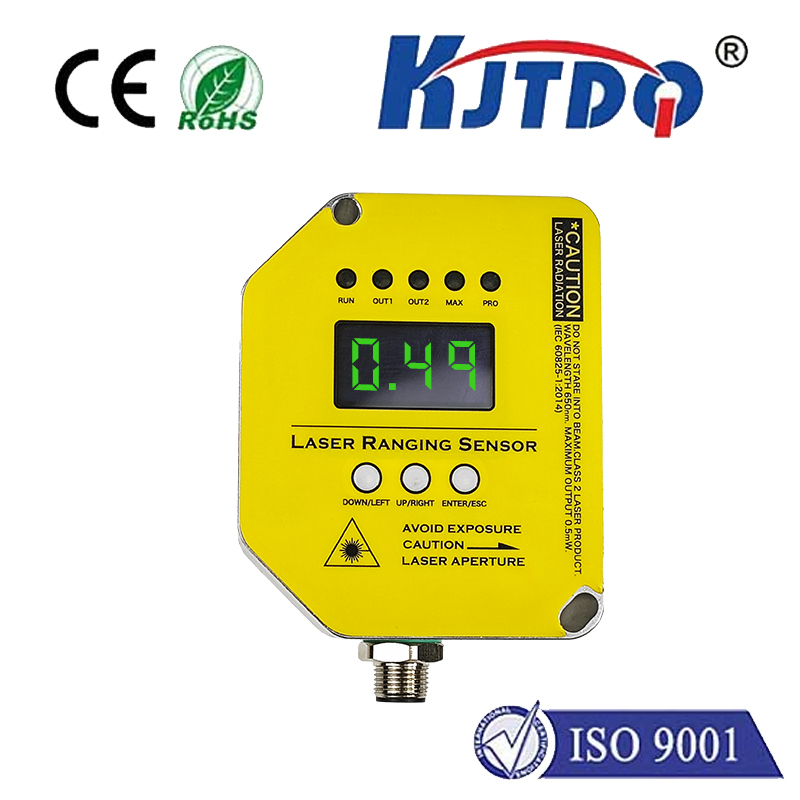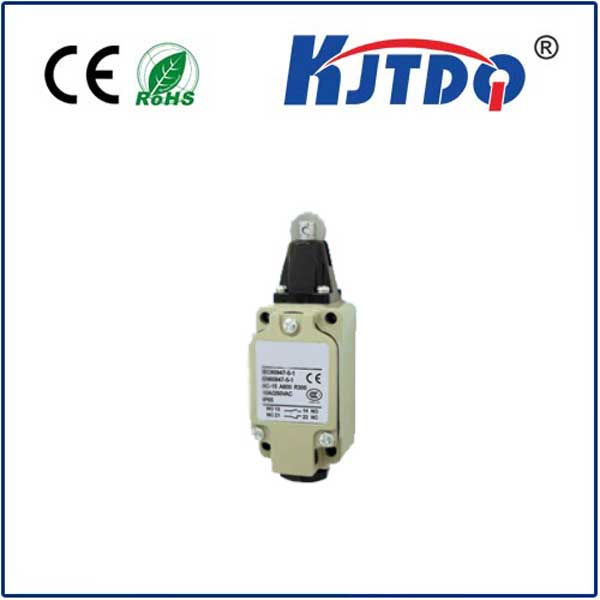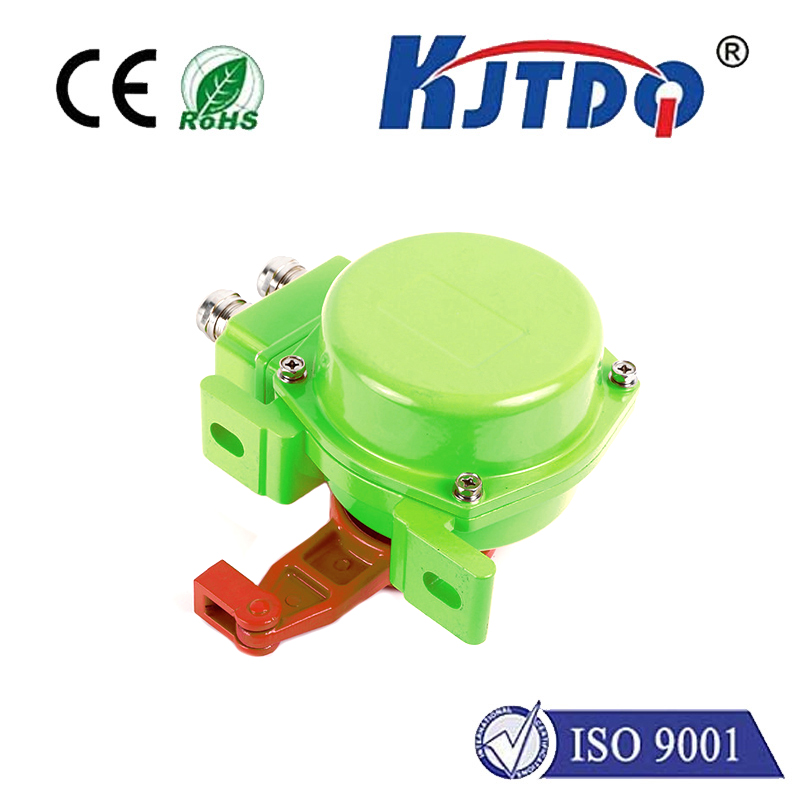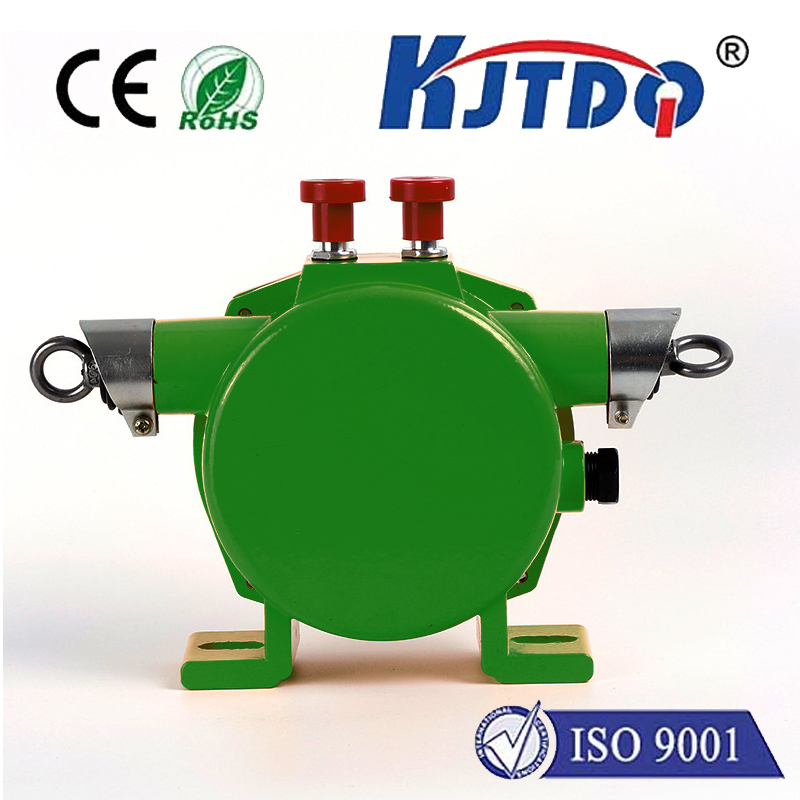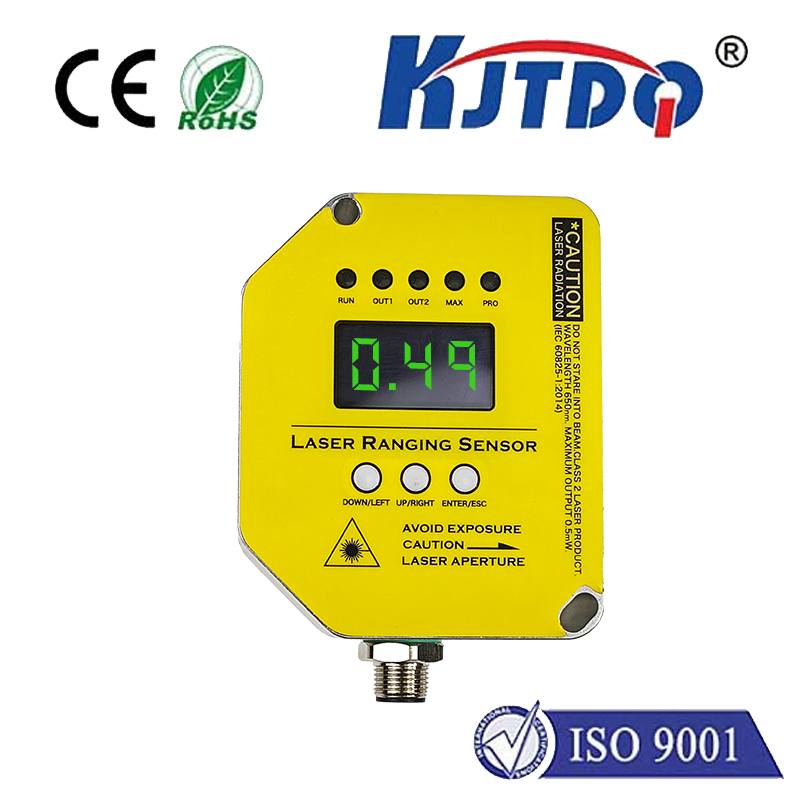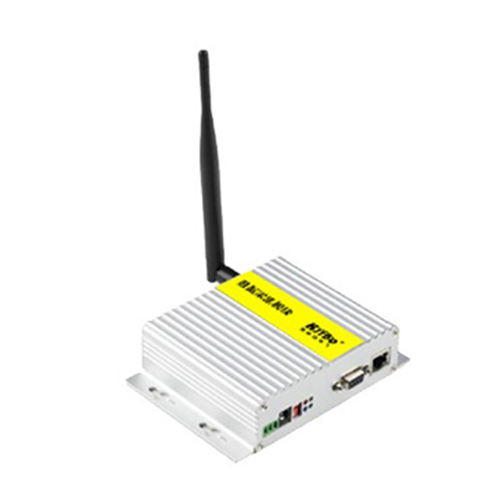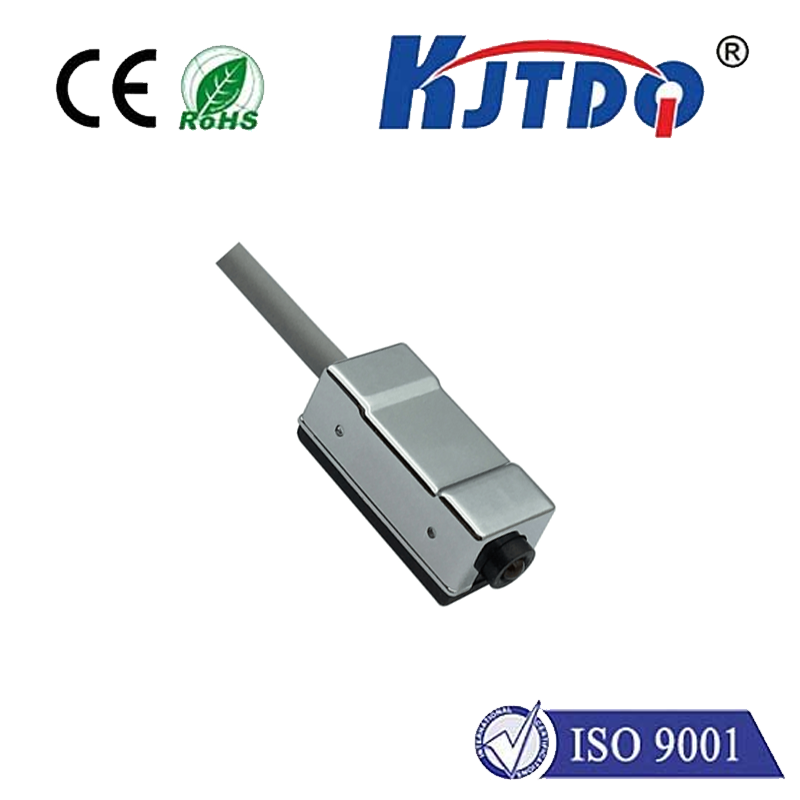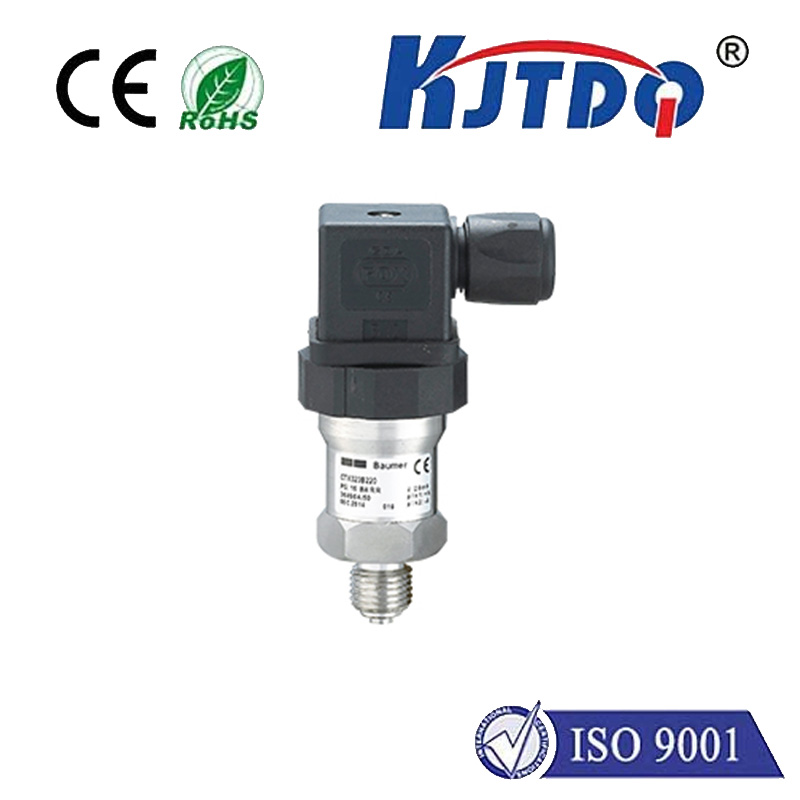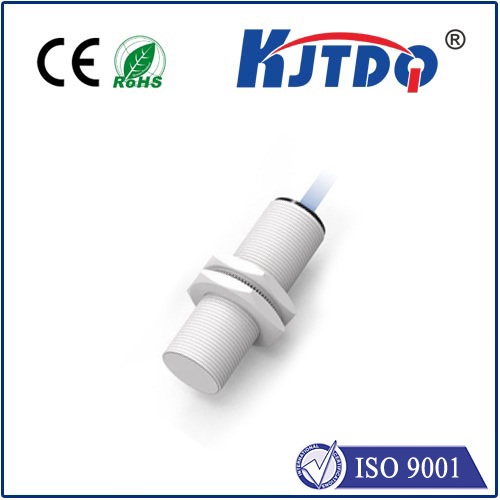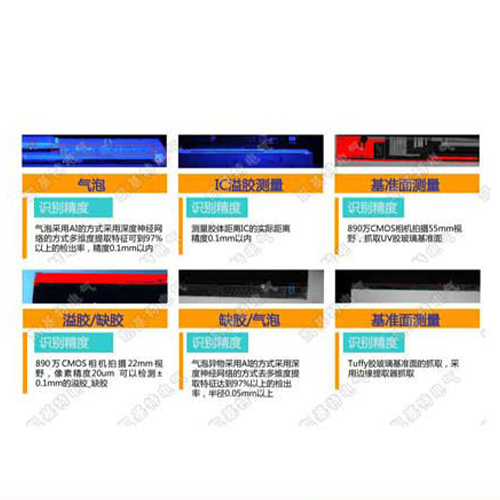

check

check

check

check

check

check

check

check

check

check
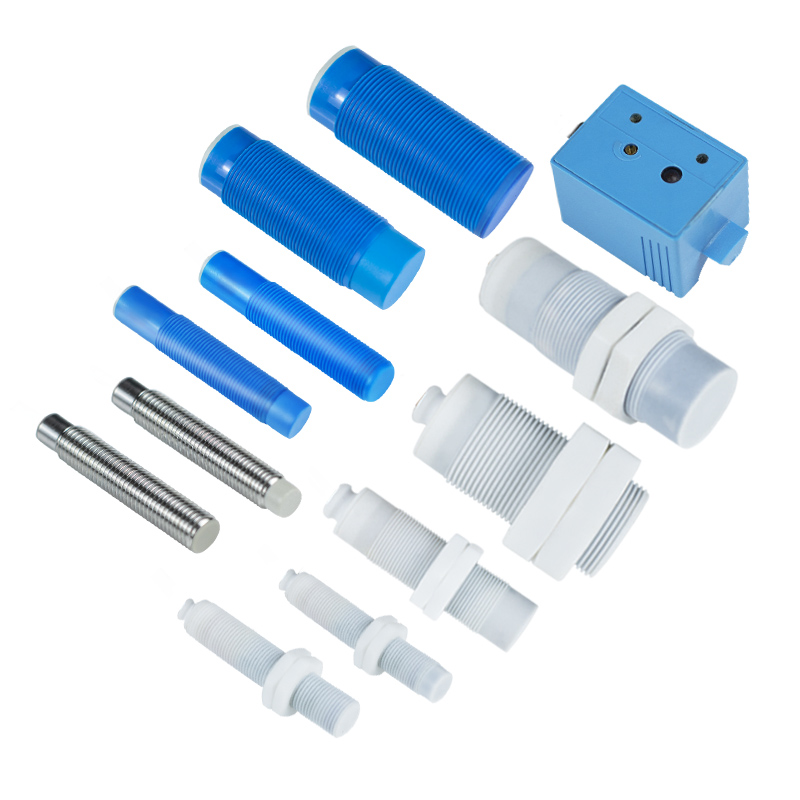
Capacitive sensors are high-precision sensors that offer several advantages, here are five of them that will be detailed in this article.
1. High stability
Capacitive sensors have high stability, which is due to their working principle and design structure. Capacitive sensors use capacitance as a measuring element to measure parameters such as displacement, pressure or liquid level of an object through changes in capacitance between electrodes. This design makes the capacitive sensor less susceptible to environmental factors such as temperature and humidity, and can maintain high stability for a long time.
2. High precision
Capacitive sensors have high measurement accuracy, especially in small displacement measurements. Since its working principle is based on the change of capacitance value, it can achieve very high measurement resolution. In addition, the measurement results of capacitive sensors are relatively linear and can accurately reflect the changes being measured.
3. Quick response
Capacitive sensors have fast response speed and can adapt to the needs of high-speed dynamic measurement. When the measured object shifts or the liquid level changes, the capacitive sensor can quickly capture the change and output a corresponding electrical signal. This fast response characteristic makes capacitive sensors important in many application scenarios.
4. No mechanical wear
Capacitive sensors will not produce mechanical wear during use and have a long service life. Since its measuring element is based on a capacitive structure and has no mechanical contact parts, there will be no errors due to friction, wear and other reasons.
In summary, capacitive sensors have the advantages of high stability, high precision, fast response, no mechanical wear and strong adaptability. These advantages make capacitive sensors widely used in industrial control, smart home, medical equipment, aerospace and other fields. Whether high-precision displacement measurement, pressure monitoring or liquid level control is required, capacitive sensors can provide accurate and reliable measurement results, providing convenience and optimization for various application scenarios.
With the continuous development of science and technology, the application fields of capacitive sensors are also constantly expanding. In the future, with the advancement and innovation of technology, the performance and functions of capacitive sensors will continue to improve, providing solutions for more application scenarios. Let us look forward to the application and development of capacitive sensors in more fields and contribute to technological progress and improvement of quality of life.
